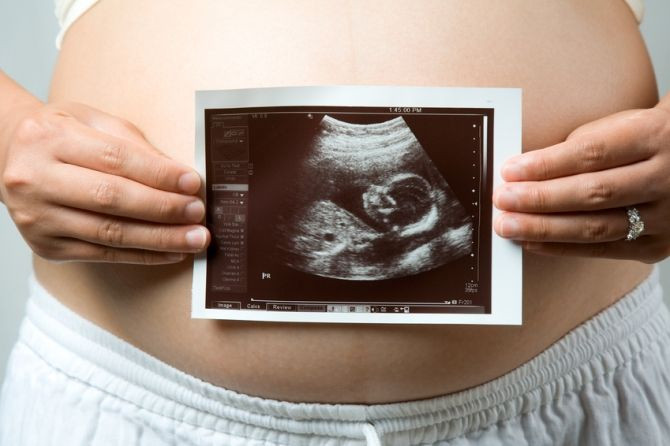Working After Eight Months of Pregnancy May Be Just as Harmful as Smoking

Expectant mothers working up to their due date may be risking their babies' health as much as if they were smoking, according to a new study.
Researchers found that the health effects associated with mothers who worked in the late stages of pregnancy was equal to that of smoking while pregnant.
Women who continued to work after eight months of pregnancy had babies that were on average about half a pound lighter than those who stopped working between six to eight months, according to British researchers from the University of Essex.
The latest study, published in the July edition of the Journal of Labor Economics and based on data collected from three previous studies conducted by British and American researchers, found that mothers who worked or smoked throughout pregnancy had babies that grew more slowly in the womb.
Previous studies have found that babies with low birth weights are significantly more likely to have poor health and delayed development and suffer from multiple health issues later in life.
The study found that stopping work early in pregnancy was especially advantageous for women with lower levels of education, suggesting that the ill effects of working during pregnancy may be more pronounced in mothers doing physically demanding work.
However, researchers found that while the birth weight of babies born to mothers under the age of 24 were not affected by them continuing to work, the birth weight of babies born to older mothers who continued to work was significantly lower.
The study consisted of three study samples: 1,339 children whose mothers were part of the British Household Panel Survey conducted between 1991 and 2005, 17,483 women who participated in the Millennium Cohort Study and gave birth in 2000 or 2001 and 12,166 U.S. women who gave birth between the early 1970s and 1995 participating in the National Survey of Family Growth.
Co-author Professor Marco Francesconi said that governments should offer incentives to encourage employers to offer more flexible maternity leave for women who might need a break before, rather than after, they give birth.
"We know low birth weight is a predictor of many things that happen later, including lower chances of completing school successfully, lower wages and higher mortality," Francesconi said, according to The Guardian. "We need to think seriously about parental leave, because – as this study suggests – the possible benefits of taking leave flexibly before the birth could be quite high."
Francesconi and his team also revealed that women are now working longer into their pregnancy compared to 20 years ago. The study showed that while 16 percent of mothers participating in the British Household Panel Study, which went as far back as 1991, worked up to one month before giving birth, 30 percent of mothers giving birth between 2000 and 2001 participating in the Millennium Cohort Study worked up to eight months of pregnancy.
Published by Medicaldaily.com



























